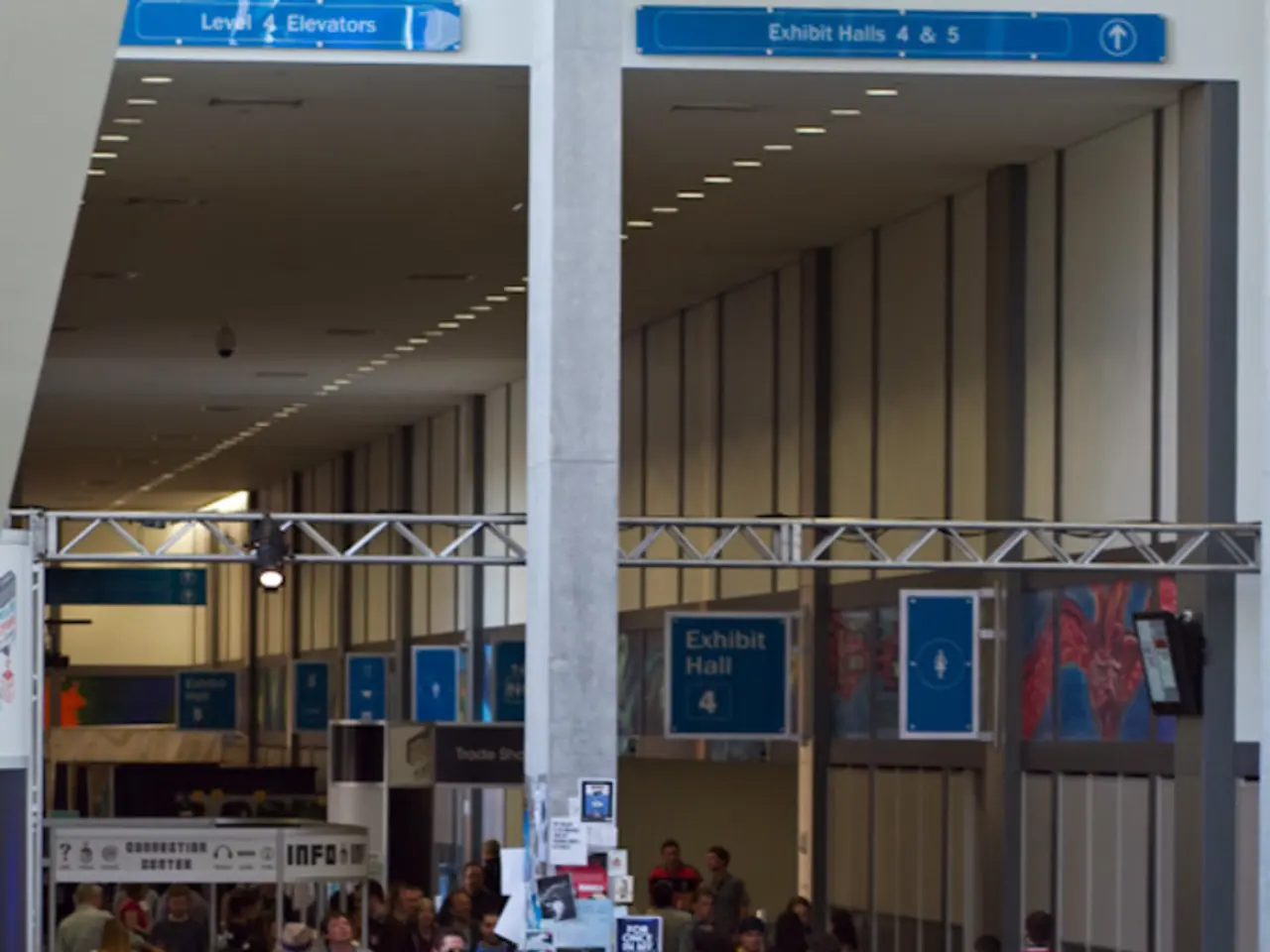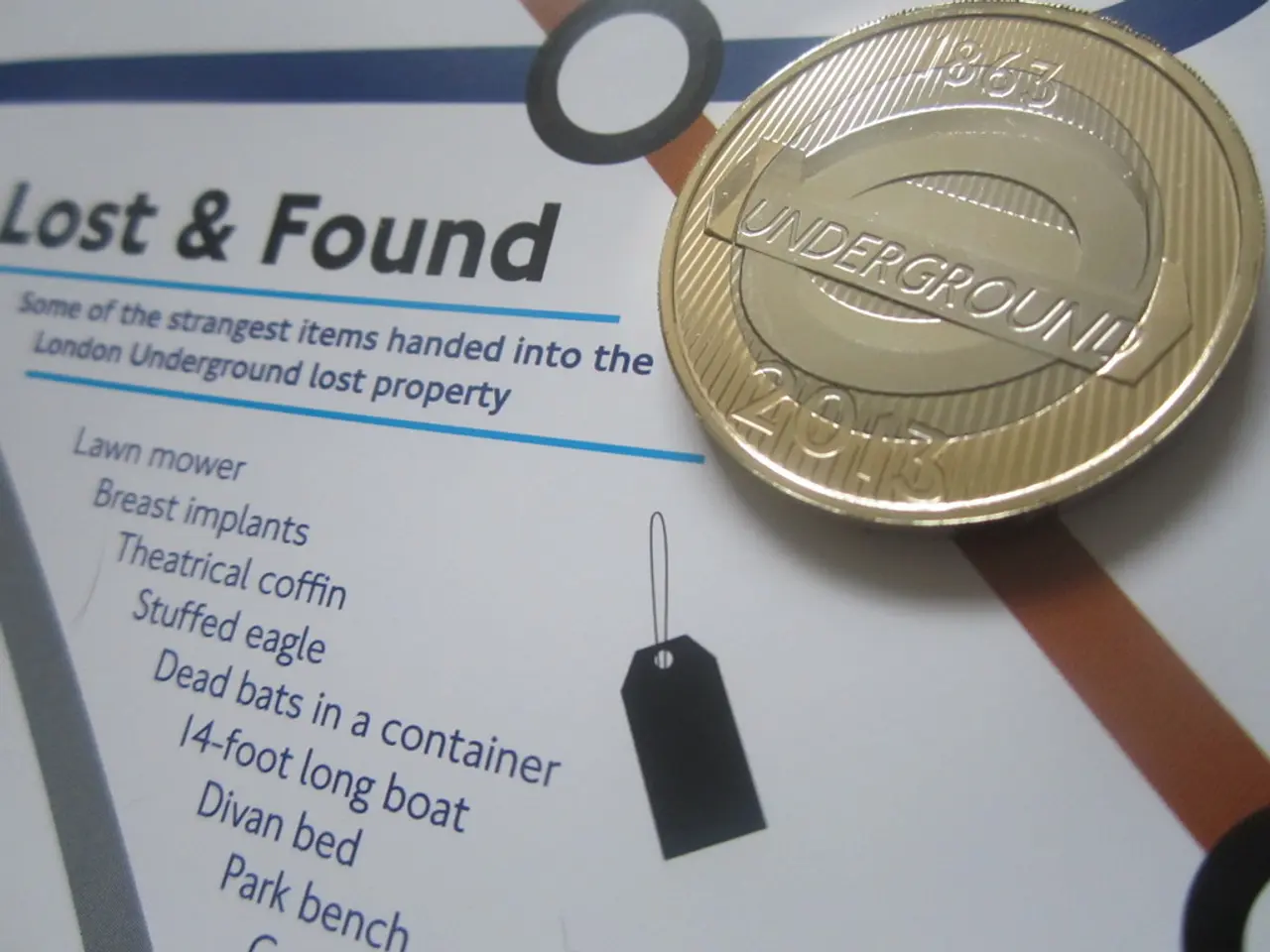Minimum Wage Hike: Germany Boosts Hourly Rate to €14.60 by 2027
Wage floor to increase to €14.60 by 2027 announced.
Germany is all set to witness a significant increase in its minimum wage, taking it up to €14.60 per hour, as determined by a commission appointed by the German government. The wage hike will be carried out in two stages, with the initial increase coming into effect from the start of 2026 and the final step in 2027 [1][2][3][4].
Initially, the minimum wage will rise from the current €12.82 to €13.90 in 2026, followed by a further €0.70 an hour increase in 2027, to bring the total minimum wage to €14.60 by the end of 2027 [1][3].
This move comes after intense negotiations among the commission of employers and trade unions. A mediation proposal from Christiane Schönefeld, the independent commission's chairwoman, was essential for reaching a unanimous decision [2].
Employers Face Pressure and Praise the Commission's Work
Steffen Kampeter, the lead negotiator for employers, voiced criticism regarding the significant political pressure exerted on the commission over the past few months. He expressed expectations for the promised growth impulses from the government post this increase [3].
Trade union negotiator Stefan Körzell, on the other hand, emphasized the functional nature of the social partnership that was proven in this round of negotiations [3]. He stated that he didn't feel compelled to swallow a bitter pill during the discussions.
Criticism from All Corners
The SPD’s workers' wing criticized the decision, urging the black-red coalition to legally mandate a minimum wage of €15. This is to ensure a life in dignity for everyone, as Berlin’s Senator for Social Affairs claimed [4].
The increase, however, has drawn criticism from other spheres, with social associations maintaining that the minimum wage is still too low. For instance, VdK President Verena Bentele believes that a minimum wage of €15 was appropriate considering recent years' high inflation rates [4].
On the other hand, some business sectors, such as the German Retail Federation (HDE), and farmers' associations, fear potential job losses and the displacement of domestic agriculture as a result of the increased minimum wage [4].
The Power of Minimum Wage: A Brief History
Introduced in 2015, Germany's minimum wage currently stands at €8.50 per hour. Since then, it has been increased ten times [4]. The upcoming raise to €14.60 by 2027 will place Germany second in the EU for minimum wage levels, just after Luxembourg [1].
After facing three consecutive years of economic downturn, Germany is anticipating a recession in 2025. Employers have warned of severe economic consequences resulting from a significant increase in the minimum wage [4].
City News: Hamm
- 73-year-old Missing in Hamm Found During Police Search
- Hamm Inaugurates First Soil Learning Trail in NRW
- Celebrations Galore for 1025th Anniversary of Hamm-Rhynern
Stay Updated with All the Hamm News
[1] "Minimum Wage in Germany to be €14.60 per hour by 2027 - TrendWcare News." TrendWcare News, 19 Oct. 2023, trendwcare.com/minimum-wage-in-germany-to-be-14-60-per-hour-by-2027-trendwcare-news-2279781
[2] "The New Minimum Wage in Germany: What Employees and Employers Need to Know - Focus Online." Focus Online, 19 Oct. 2023, www.focus.de/wirtschaft/lohn/neue-minimallohnabbegrenzung-in-deutschland-wichtigste-punkte-ueberblick-113623803.html
[3] "German Minimum Wage to Increase to €14.60 per Hour by 2027 - Deutsche Welle." Deutsche Welle, 19 Oct. 2023, www.dw.com/en/germanys-minimum-wage-to-increase-to-e1460-per-hour-by-2027/a-63216558
[4] "Minimum Wage Hike in Germany: An Overview - Spiegel Online." Spiegel Online, 19 Oct. 2023, www.spiegel.de/wirtschaft/soziales/minimumlohn-in-deutschland-steigt-der-stundensatz-auf-14-60-euro-a-161051834.html
In the realm of general news and finance, the increase in Germany's minimum wage by 2027 to €14.60 per hour is a subject of discussion, especially within the context of businesses and politics. Employers such as Steffen Kampeter have voiced concerns over political pressure and the potential economic consequences, while trade unions like Stefan Köörzell praise the effective social partnership demonstrated during the negotiations [3]. However, critics from various sectors, including some business associations and social groups, argue that the minimum wage is still too low, with some advocating for a minimum wage of €15 [4].







